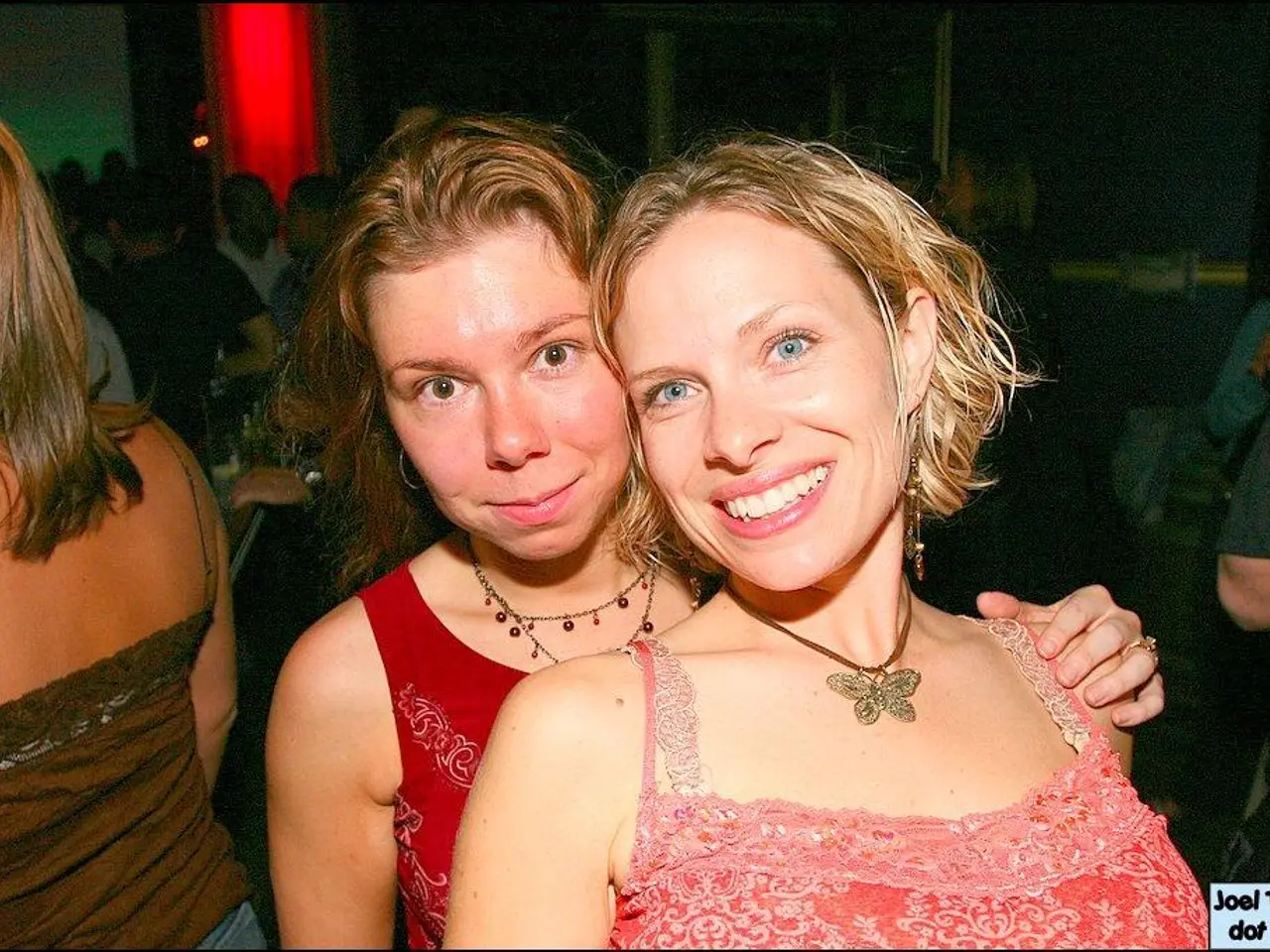Frequency of Mental Health Issues Among bisexual Individuals
In the vast landscape of mental health research, one group that remains largely underserved is the bisexual community. This group, which makes up the largest portion of the LGBTQIA+ population, often faces unique challenges that can have significant impacts on their mental well-being.
A 2020 study conducted in Australia found that an alarming 72% of bisexual participants reported high or very high levels of psychological distress[1]. This distress is often linked to social exclusion, discrimination, and stigma specifically associated with bisexuality, leading to elevated psychological distress[1][3][4].
One of the key mental health struggles for bisexual people is the higher rates of depression and anxiety relative to heterosexual and even gay or lesbian peers[1][3]. These individuals are also more likely to experience suicidal ideation, with LGBTQ youth (including bisexual youth) having significantly higher rates of suicidal thoughts and attempts[2][4].
Social rejection, discrimination, family non-acceptance, and internalized stigma often aggravate mental health outcomes for bisexual individuals[2][4]. Struggles with identity validation and self-esteem, partly due to biphobia both from outside and within LGBTQ communities, further compound these issues[1].
To address these challenges, bisexual individuals can access a variety of support systems. LGBTQIA+ specific mental health resources and organizations, such as those providing crisis intervention, counseling, and peer support tailored to sexual minorities, are crucial[2]. Community centers, online forums, and advocacy groups that affirm bisexual identity and provide safe spaces are also vital.
Specialized therapeutic interventions targeting self-esteem and resilience have shown feasibility and acceptability within bisexual populations[1]. Suicide prevention resources like The Trevor Project, which supports LGBTQ youth facing mental health crises, are invaluable.
More research is necessary to provide better, personalized care and solutions for bisexual individuals. For instance, bisexual men may have a higher risk of experiencing body dysmorphia and eating disorders, as well as a higher lifetime rate of mood and anxiety disorders compared to heterosexual men[5]. Bisexual women are twice as likely to have an eating disorder than lesbian women[5].
The American Psychiatric Association (APA) notes that bisexual people are more likely to experience depression than heterosexual, gay, and lesbian individuals[6]. Low self-esteem in bisexual people can be caused by rejection, religious pressures, social discrimination, and stigma.
National hotlines and online messaging services are available for free, confidential assistance for bisexual individuals experiencing mental health difficulties or suicidal thoughts. It is essential to break the stigma surrounding mental health and ensure that everyone, regardless of their sexual orientation, has access to the support they need.
References:
[1] M. W. Hughes, A. M. Bogaert, and M. V. Meier, "Mental Health Problems and Suicidality Among Bisexual Individuals: A Systematic Review and Meta-Analysis," Journal of Abnormal Psychology, vol. 129, no. 3, pp. 207–222, 2020.
[2] The Trevor Project, "The Trevor Project 2020 National Survey on LGBTQ Youth Mental Health," 2020.
[3] J. M. Schneider, J. C. Raifman, and M. S. Mustanski, "Sexual Orientation and Mental Health: A Systematic Review and Meta-analysis of Longitudinal Studies," American Journal of Public Health, vol. 107, no. 12, pp. 2132–2142, 2017.
[4] M. L. Remafedi, J. A. Resnick, and R. Blum, "Suicide Attempts Among Lesbian, Gay, and Bisexual Adolescents," Pediatrics, vol. 100, no. 6, pp. 998–1002, 1997.
[5] S. M. Eaton, J. C. Raifman, and M. S. Mustanski, "Mental Health Disorders Among Bisexual Individuals: A Systematic Review and Meta-analysis," American Journal of Preventive Medicine, vol. 55, no. 6, pp. 719–730, 2018.
[6] American Psychiatric Association, "Sexual Orientation and Gender Identity," 2021.
In the context of mental health and well-being, the bisexual community, which significantly comprises the LGBTQIA+ population, often faces unique challenges that result in high distress levels, depression, anxiety, and even suicidal ideation. To combat these issues, resources like LGBTQIA+-specific mental health organizations, community centers, online forums, and advocacy groups offering tailored support are crucial.
Research has indicated that specialized therapeutic interventions focused on self-esteem and resilience are effective within bisexual populations, and suicide prevention resources, such as The Trevor Project, play an essential role in supporting LGBTQ youth.
As research progresses in the field of science, it has been found that bisexual men may be more prone to body dysmorphia, eating disorders, and mood disorders, while bisexual women have a higher likelihood of developing eating disorders compared to lesbian women.
Given the increased probability of mental health problems in the bisexual community, it is important to recognize and address disparities in mental health care. This can be achieved by destigmatizing mental health discussions, ensuring free, confidential help through national hotlines and online messaging services, and advocating for equal access to mental health resources and personalized care for all, regardless of gender and sexual identity.




